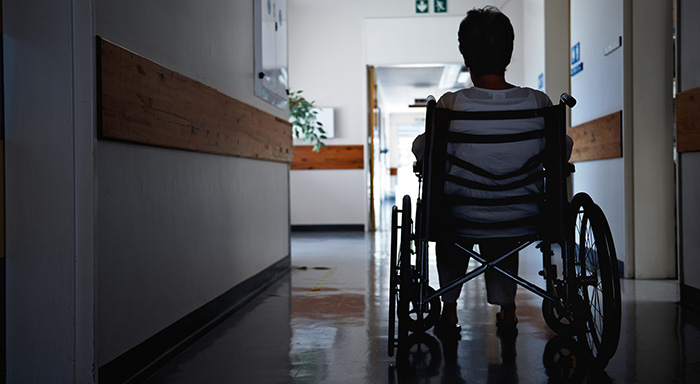Wondering how you can help your community be connected? Check these resources to see what other researchers are studying and writing.
Loneliness and Social Isolation as Risk Factors for Mortality
Actual and perceived social isolation are both associated with increased risk for early mortality. In this meta-analytic review, our objective is to establish the overall and relative magnitude of social isolation and loneliness and to examine possible moderators.
Preventing Loneliness and Social Isolation Among Older People
This At a glance briefing explains the importance of tackling social isolation and loneliness, particularly among older people. It highlights the adverse effects of feeling isolated and describes a number of services that have been found to help reduce the problem.
Loneliness is a significant public health concern among elders. In addition to easing a potential source of suffering, the identification and targeting of interventions for lonely elders may significantly decrease physician visits and health care costs. Learn more about how we developed this knowledge and what research can show us.
The results suggested that people suffering from social isolation may be more prone to inflammation and less able to fight viral infections—which could be one reason why lonely elderly people are more susceptible to illnesses ranging from the common cold to dementia, and why they have higher mortality rates than their peers.
Participants in the study sing in a choir for one year and complete several health assessments to measure their balance, memory, coordination, and mental well-being. The researchers will also interview the singers about the benefits—and any challenges—of singing in a choir.
The charity Campaign to End Loneliness says that one million of us are already suffering from acute loneliness, while two and a half million over 60s fear they could end up similarly isolated.








